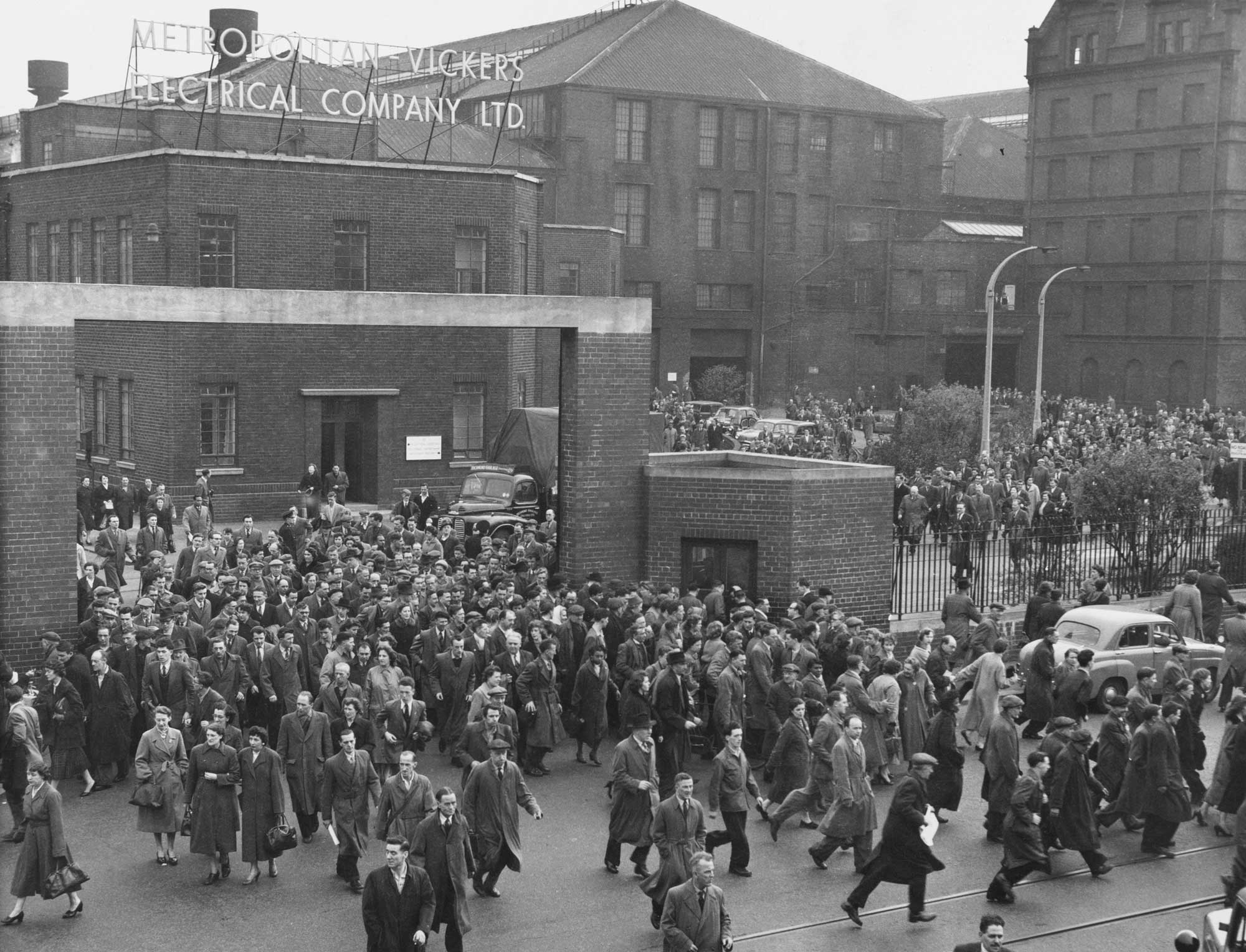
Manchester Daily Express/Science Museum Group
In April 2022, I heard about an interesting opportunity for a PhD which looked to help address the challenge facing museums wanting to tell more inclusive stories from their inherited collections as well as informing new content for the forthcoming Power Hall: The Law Family Gallery and other galleries at the Science and Industry Museum. The project, ‘Where are the Women of Colour: Addressing Gaps and Silences Within Science and Industry Museum Collections’, offered a chance to uncover stories that had previously been overlooked and make a valuable contribution to the historical narrative. I am pleased to have been accepted for the task.
The project is an Arts and Humanities Research Council funded Collaborative Doctoral Award offered by the University of Leeds, with the Science and Industry Museum as a partner organisation. Graeme Gooday, Professor of History of Science and Technology in the School of Philosophy, Religion and History of Science is Lead Supervisor for the project, and acting as Co-Supervisor is Sarah Baines, Curator of Engineering at the Science and Industry Museum. I feel privileged to have the guidance of those who are experts in their fields and am looking forward to working with them over the next few years. The project will be supported by an inclusivity advisory group constituted of academic staff, museum curators, industry practitioners and postgraduate students from diverse backgrounds including Sarah Qidwai (University of Regensburg) and Roseni Dearden (International Network of Women Engineers and Scientists).
I have already updated the title of my project to ‘Where are the Women of the Global Majority?: Addressing Gaps and Silences in Science and Industry Museum Collections’ following my initial research, and I expect the title and framing of this project to develop further as I learn more about this field and share knowledge and insight with my advisory group and support network.
What do we know so far? There is evidence in the archives of the Science and Industry Museum, National Science and Media Museum and the Bradford Industrial Museum, of women from African Caribbean and South Asian diaspora communities working in Britain’s post-war industry—mainly textiles and manufacturing companies—in industrial centres such as Manchester and Bradford. However, there is very little that has been documented about these women.
My role is firstly to understand who these women were and how they were operating in the labour market at this time. To do this, I’ll explore documents held within the archives of the Science Museum Group and Bradford Industrial Museum such as photographs, company publications, employee records and newspaper articles. This survey will take me beyond existing museum collections, and an important part of this project will be mapping the locations of sources of information found outside of the museum archives. For example, recording new oral history interviews could be one way to enhance our understanding of the lives of these women during this time. Over the course of the project, I look forward to collaborating with a diverse support network who may provide me with different perspectives on this research.
In parallel, I’ll question how these women have been largely overlooked until now and why the value of their work has not been documented. As well as the social, economic and political forces shaping Britain’s cultural attitudes and the deep-seated structural racism as it existed at the time, I’ll also be examining the policies and decision-making processes of companies where women of the global majority were employed, to enable museums to address the relative absence of these stories. This will be my starting point, but I expect the frame of this project to evolve in its own way over time as it progresses.
The outcome of this research will inform content of upcoming projects at the Science and Industry Museum, initially Power Hall: The Law Family Gallery, as it aims to build a more inclusive and representative historical narrative around engineering in Greater Manchester. I’m looking forward to exploring the archives and working with teams both within and beyond the museum to uncover the stories of these women and highlight the value of their contribution to Britain’s technical industry.
If you would like to get in touch with Kirat, you can do so at: kirat.sagoo@scienceandindustrymuseum.org.uk
Discover more
Find out more about our commitment to inclusive storytelling, which is central to the work to improve existing—and develop new—galleries and programmes at the Science and Industry Museum.
Explore Global Threads, a public history project that draws out new and previously under-represented stories related to Manchester’s cotton industry, particularly those linked to colonialism, enslavement and global movements of people and goods.